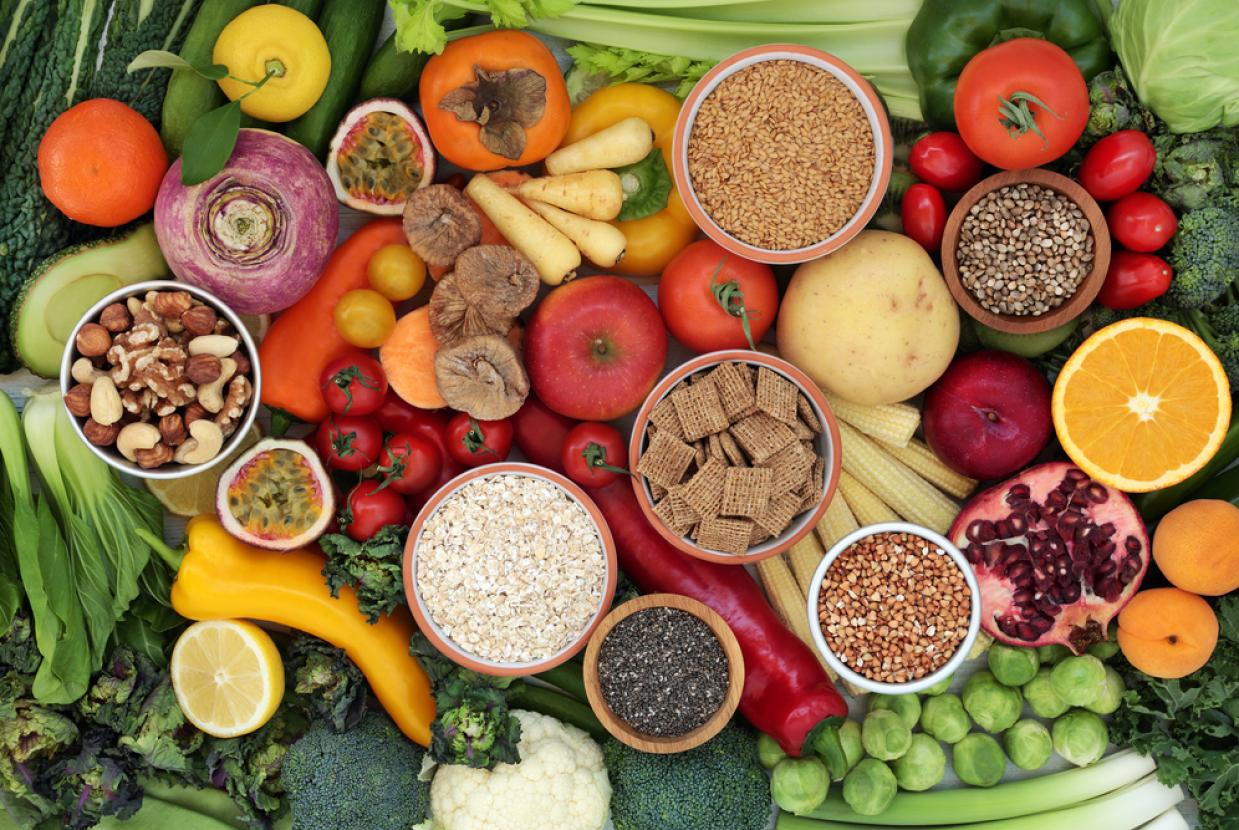Risk Factors
Most womb cancer start in glandular cells found in the lining of the womb (the endometrium). They are called endometrial cancers. There are different types of endometrial cancers.
There are certain things that can increase the risk of developing womb cancer. These are called risk factors. Having a risk factor does not mean you will get cancer. And not having a risk factor does not mean that you will not get it. Most known risk factors for womb cancer are linked to how much oestrogen the lining of the womb is exposed to in your lifetime.
If you are worried about womb cancer and would like to talk to someone, we're here. You can:
- call the Macmillan Support Line on 0808 808 00 00.
- chat to our specialists online.
Age
The risk of womb cancer increases with age.
Hormonal factors
Before the menopause, the ovaries produce the hormones oestrogen and progesterone. These help to control your periods. After the menopause, the ovaries no longer produce hormones. But the body still produces some oestrogen in body fat and the adrenal glands. The risk of womb cancer can be affected by exposure to oestrogen and how this is balanced with progesterone.
When there is too much oestrogen without progesterone to balance it, the risk of womb cancer increases.
Longer exposure to oestrogen can increase your risk of womb cancer. This may be from:
- starting your periods early (before the age of 12)
- having a late menopause (after the age of 55)
- having longer periods
- having irregular periods
- having some types of hormone replacement therapy (HRT), for example oestrogen only HRT
- not having children or being unable to have children – oestrogen in the body is low during pregnancy, and the level of progesterone is high.
Weight and physical activity
At least 1 in 3 womb cancers (33%) are linked to obesity (being very overweight). This may be linked to the fact that body fat is the main source of oestrogen after the menopause.
Keeping to a healthy weight and being more physically active may reduce the risk of womb cancer.
Genetic factors (family history)
A small number of womb cancers are caused by gene changes that are passed on in a family. This affects less than 5 in 100 women (5%). There may be a genetic link if there are several close relatives on the same side of the family with the following cancers:
- bowel
- breast
- ovarian
- womb cancer.
Close relatives include parents, children, sisters and brothers.
If you are worried about a family history of cancer, speak to your cancer doctor, specialist nurse or GP. They can decide if you should be referred to a family cancer clinic.
There are some genetic conditions that can increase the risk of womb cancer.
Lynch syndrome
Lynch syndrome is also called hereditary non-polyposis colorectal cancer (HNPCC). This condition increases the risk of bowel cancer and womb cancer. Lynch syndrome means there is a 3 to 6 in 10 risk (30 to 60%) of developing womb cancer over your lifetime if you have a womb.
Regular screening for bowel cancer and womb cancer may help reduce the risk. Some people are advised to have a hysterectomy (operation to remove the womb) if they no longer want to be able to get pregnant.
Cowden syndrome
Cowden syndrome is a rare genetic condition. It increases the risk of non-cancerous tumours and also some cancers. This includes womb cancer, but the increase in risk is small.
Tamoxifen
Tamoxifen is a hormonal drug used to treat breast cancer. It can slightly increase the risk of pre-cancerous changes in the womb. Rarely, it can cause womb cancer. But there are very clear benefits of taking tamoxifen that far outweigh this risk. Always tell your doctor if you are taking tamoxifen and have any unusual vaginal bleeding.
Other medical conditions
Some other medical conditions may cause a higher risk of pre-cancerous changes in the womb or womb cancer.
Thickening of the womb lining
Thickening of the lining of the womb is called endometrial hyperplasia. Symptoms include heavy periods and bleeding between periods or after the menopause. Endometrial hyperplasia can be managed with treatment, or regular check-ups.
Diabetes
Diabetes increases the risk of womb cancer. There may also be a separate link between womb cancer and insulin, a hormone that regulates blood sugar.
Polycystic ovary syndrome (PCOS)
PCOS is a condition where cysts grow on the ovaries. PCOS may cause:
- fertility problems
- infrequent periods
- no periods
- weight gain or diabetes.
Uncommon ovarian cancers
Some types of ovarian cancers called granulosa and theca cell tumours can produce oestrogen. This increases the risk of pre-cancerous changes and rarely can cause womb cancer.




































































































